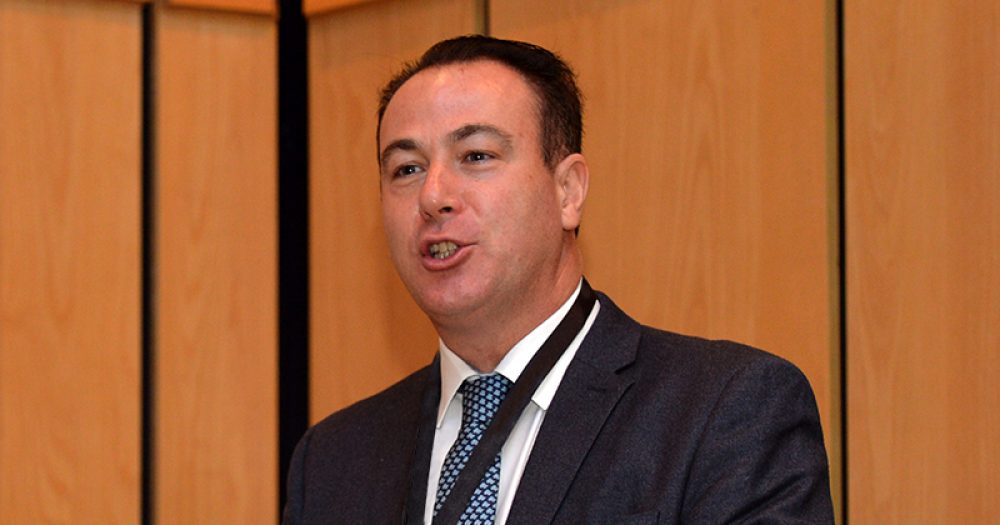Ofsted’s deputy director for further education and skills spoke to FE Week after its annual report was unveiled this morning. Paul Joyce reflected at length on the unease at the way funding cuts are narrowing the learning experience of sixth-form learners, and even backed campaigners asking the government to invest more.
The Support Our Sixth-Formers campaign, backed by among others the Association of Colleges, Sixth-Form Colleges Association and FE Week, wants the 16-to-18 per-pupil funding rate to increase by at least £200.
Asked if he supports the campaign, Mr Joyce diplomatically explained that his boss, chief inspector Amanda Spielman, “has said she believes until 16-to-18 funding rates are increased, the sector will continue to face significant challenges, and I certainly support that view and share that opinion”.
She explicitly warned in her speech that the sector will struggle unless it is given more funding.

“We’ve become aware through inspection of a number of sixth-form colleges, for example, that no longer offer four A-levels in the first year, and then drop into three,” Mr Joyce said.
“Also, we’ve seen where enrichment activities have been reduced because of the constraints to funding or staffing that institutions experience.
“Historically, where learners would get additional care, support and guidance, we have seen those activities, tutorials, preparation for work, for interviews, debating societies, that kind of thing, reduce gradually over time.”
He stressed that to run quality provision, “there has got to be some sort of link between funding and the provision that’s on offer”. Such considerations will increasingly be taken into account by inspectors.
“We already report about the curriculum. What you can expect to see in the reports is a little more focus on the curriculum, about what’s changed, and we will start to look at the reasons for some of that change,” he said.
“This is around funding for 16-to-19 provision generally. We will report on the curriculum in the round, but the issue of core funding-rates for that age group certainly will be an area of exploration.”
The annual report also declared that the “case of Learndirect case has shown that no provider is too big to fail”, after it was given a grade four in August. It has still arguably received special treatment from the Department for Education that has so far allowed it to retain its skills contracts much longer than is usual for ‘inadequate’ providers.

It begs the question, do does he think Learndirect should have been allowed to fail?
“From our perspective, if we inspect a provider, regardless of its size, if it’s ‘inadequate’ we will say so,” he said. “What others do with that, that’s entirely up to them. It does raise the question of when markets grow, whether there is enough scrutiny and consideration.
“Growth needs managing carefully, quality needs to be a key consideration, and big is not always better.
“This, at the end of the day, is taxpayers’ money we are dealing with, and levy money. We need to make sure that is used appropriately to provide quality training.”
He also reflected on questions in the report on where money generated from the apprenticeship levy is being directed, and connected changes to the wider apprenticeship system.
“We have some concerns about how these apprenticeship reforms are playing out. It is early days but we are worried that the majority of new standards that have been approved are at higher levels,” he admitted.
“That clearly means that older apprentices are likely to start those programmes. We have seen a reduction in the number of apprenticeship starts, a reduction in the number of 16- to 18-year-old starts, and clearly we would want to see some level two and three standards approved, and for those numbers at level two and three and for 16-to-18s grow.
“That’s what we mean about the use of money.”








Your thoughts